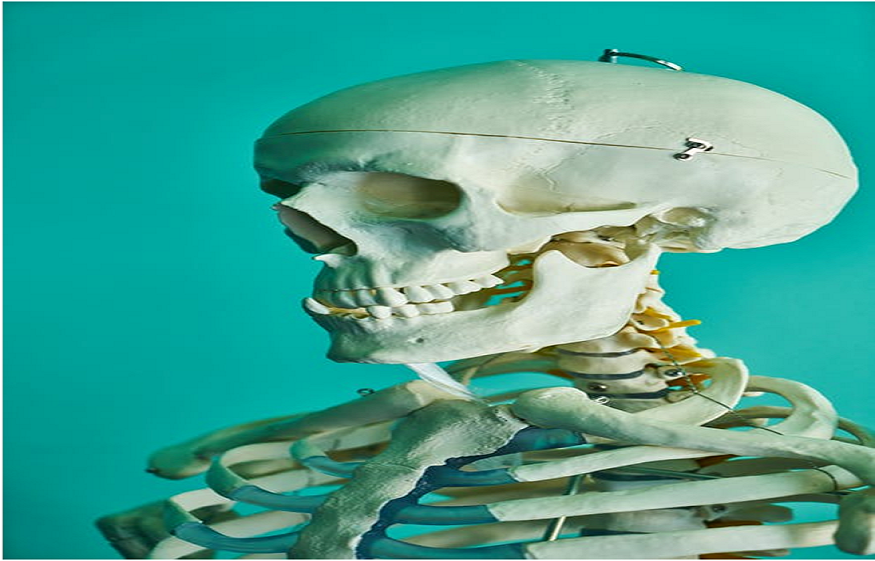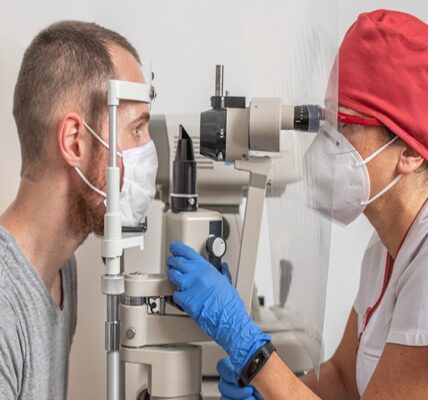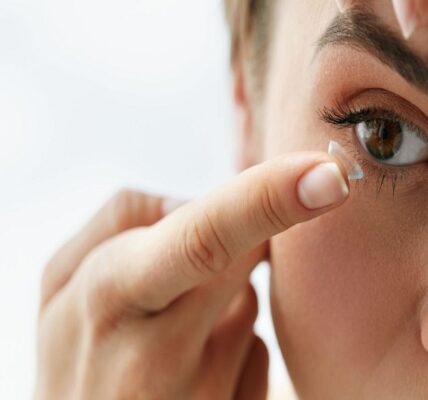What Is TMJ? TMJ refers to temporomandibular joint dysfunction or dysfunctions of the jaw joint and muscles that connect to it. The temporomandibular joint in the jaw near the ears allows your mouth to open wide and chew food properly. Some cases of TMJ are caused by improper alignment of the teeth, which can be prevented by visiting a dentist in Albuquerque NM, who can realign your teeth with braces or other procedures.
Triggers of TMJ
The exact triggers of TMJ are unknown, but research indicates that these factors may play a role:
- Genetics
- Illness or infection
- Injury to any joint in your jaw (such as a broken nose)
- Muscle fatigue
- Stress, anxiety or depression
Symptoms of TMJ
Do you suffer from Headaches, Tinnitus (ringing in ears), Neck Pain, Pain in Jaw Joints, or Unusual sounds coming from the mouth or jaw? These could be symptoms of a condition called Temporomandibular Joint Disorder (TMJD), also known as TMD or TemporoMandibular Dysfunction (TMD).
How Do I Get Proper Diagnosis and Treatment?
Your dentist or medical doctor should be able to tell you if you have a jaw problem, and if so, he or she will refer you to a specialist who can evaluate your symptoms further. The dental specialists (who focus on supporting structures of teeth) orthodontists (specialists in correcting bite irregularities)—are involved much in providing treatment for TMJ. If diagnosed correctly, TMJ treatment options can be highly effective at reducing discomfort—and getting your mouth back into working order again. But, ignoring the treatment will end up paying much in the future.
When Should I Seek Help From an Oral Surgeon?
If you’re experiencing headaches, earaches, jaw stiffness, or difficulty chewing, it might be time to see an oral surgeon. TMJ (temporomandibular joint) syndrome can affect people in different ways—some patients will experience pain and tightness when opening their mouth wide; others may find their bite feels off-center when they clench or grind their teeth at night. There are a number of signs that indicate whether or not you should talk to your dentist about visiting an oral surgeon—the first is talking to your dentist.
Final Words
If you experience headaches, difficulty chewing, or have jaw pain that radiates to your ears, it’s possible that you may have TMJ disorder (temporomandibular joint disorder). If you suspect that you may have TMJ disorder, it’s important to see a TMJ specialist in Albuquerque as soon as possible to identify the cause of your symptoms and develop an effective treatment plan. Did you know TMJD affects over 60 million Americans and can greatly impact their lives if it goes untreated? So, don’t make a delay.









